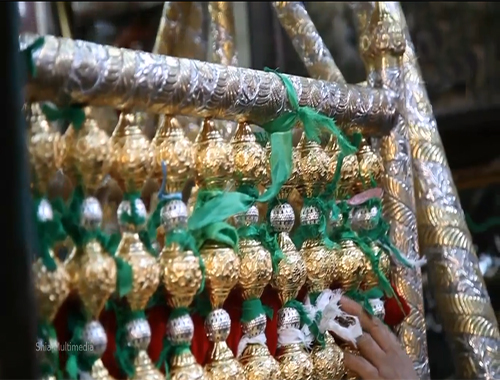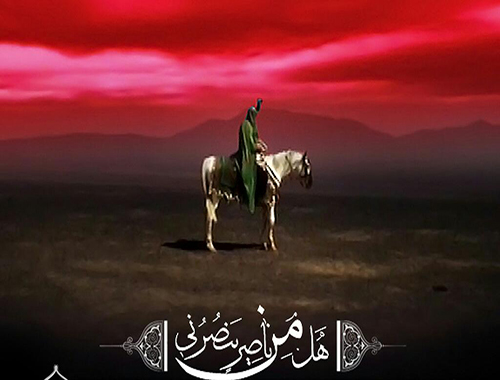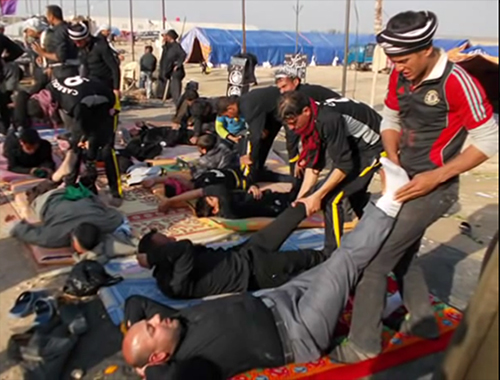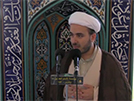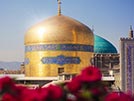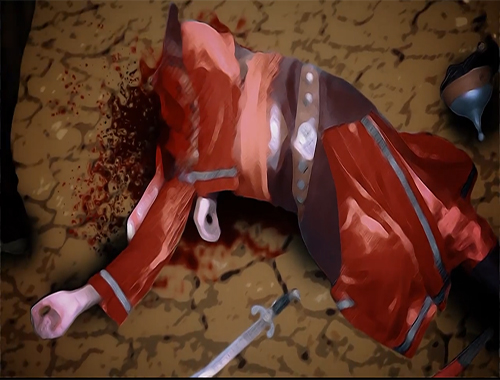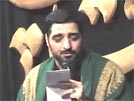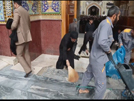
In brief, these acts are narrated by Sheikh Abdullah S. Farsy, on pages 29 to 41, and they are as follows:
1. He ordered his Governor of Medina, Khalid bin Hakam, to extract oath of allegiance from Hussein bin Ali bin Abi Talib, Abdullah bin Umar bin Al Khattab, Abdullah bin Al Abbas and Abdullah bin Zubair. (By then Abdur Rahman bin Abu Bakr was dead). The order was “He should make it absolutely sure that they accepted Yazid as the Caliph of all Muslims. If they refused to do so, then their properties should be confiscated, their marriages nullified, and their slaves be declared free.”
2. When the governor wanted to impose Yazid’s terms on Imam Hussein and Abdullah bin Zubair, they asked him to wait till the following day. Sheikh Abdullah Saleh Farsy reports (page 30) that “On reaching their homes, they bade farewell to their kith and kin and went secretly to Mecca, which was the haven of safety for them…” When Yazid came to know about this, he was outraged and “revoked his governorship.”
3. Sheikh Abdullah writes on page 35, Yazid ordered Ubaidullah bin Ziyad to “kill Muslim bin Aqil, those who accompanied him, those who received him, and those who supported him; and imprison their neighbors and their kith and kin, showing them no mercy at all.” Indeed, these instructions were fully executed. “He did exactly what Yazid had instructed him to do. He killed all those he was instructed to kill, and he imprisoned all those he was ordered to imprison…”
In his book Sheikh Abdullah S. Farsy does not write how Muslim bin Aqil was martyred. However, other historians have recorded in their books, stating that he was taken to the top of the royal castle, he was then beheaded and both his severed head and body were thrown from the castle. Later his severed head was dispatched to Yazid!
4. As was described in Chapter One, Sheikh Abdullah S. Farsy narrates on page 40 that after Imam Hussein(A.S) and his followers had been beheaded brutally and their heads presented to Yazid, “he (Yazid) began to strike the teeth of Hussein, and singing aloud, he said: ‘Today, I squared up with Muhammad. The way he killed my ancestors on the Day of Badr, I killed his grandchildren. And now onwards this is going to be our policy: Whoever opposes us, we shall kill them, even if they happen to be our relatives…’”
5. Sheikh Abdullah S. Farsi says, on page 41, that one year after the invasion of Medina, Mecca, too, was invaded. “Yazid’s army massacred many people and demolished Al Kaaba...” Here, too, Sheikh Abdullah’s narration is understated, though others have been more forthright. For instance, the same Ibn Kathir, on page 225, says that Yazid’s army “pelted Al Kaaba with stones through the use of catapults and attacked it even with fire balls till its walls were set ablaze.” In Shadharaatudh Dhahab, Chapter Three, page 72, Ibnul Imaad Al Hanbali says that so much fire was used that “the entire building (Al Kaba) collapsed.”
This is what was meted out to “The House of Allah” which, according to the Holy Quran (Ch. 3: v 97), is a place where security is guaranteed to anyone entering there, seeking refuge. This security was eliminated by Yazid. And this Yazid is the Amirul Mu’minin of the Wahhabis who advocate that all Muslims, too, must view him as such!
In a nutshell, these are the evil deeds of Yazid. Let alone Amirul Mu’minin, would even a common Muslim dare commit such actions? Certainly not; then how come Yazid did so?
Ref: Al-Islam.org
 Martyrdom of Imam Hussein (A.S) - Islam Guidance
Martyrdom of Imam Hussein (A.S) - Islam Guidance
